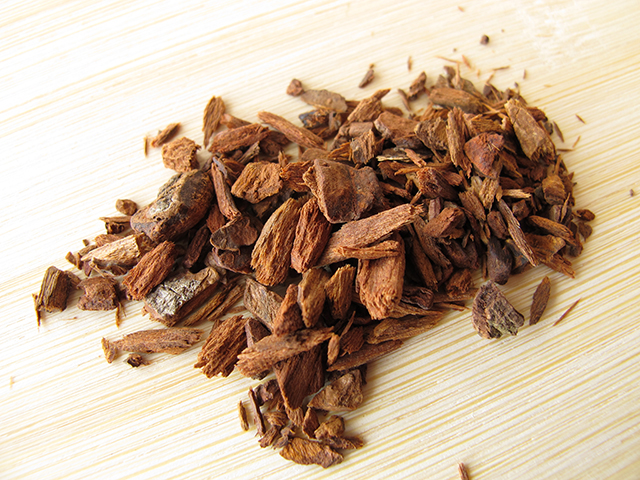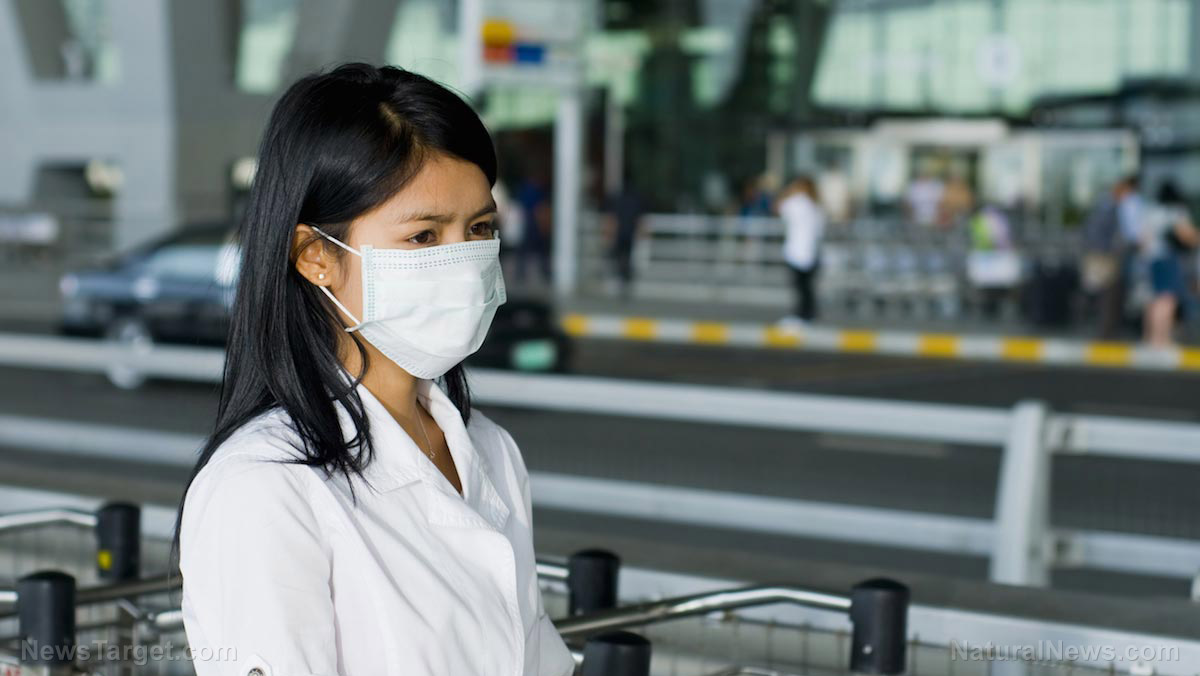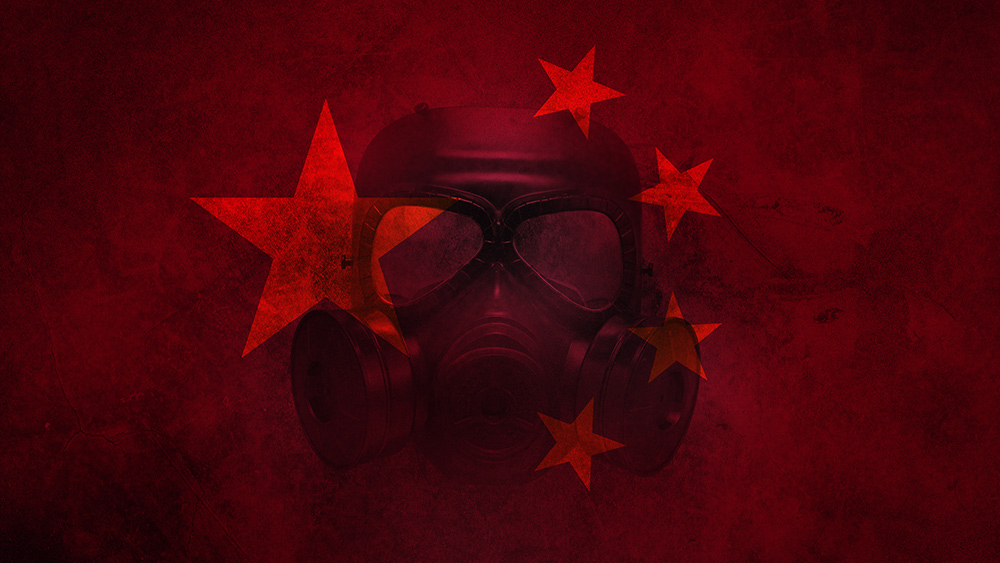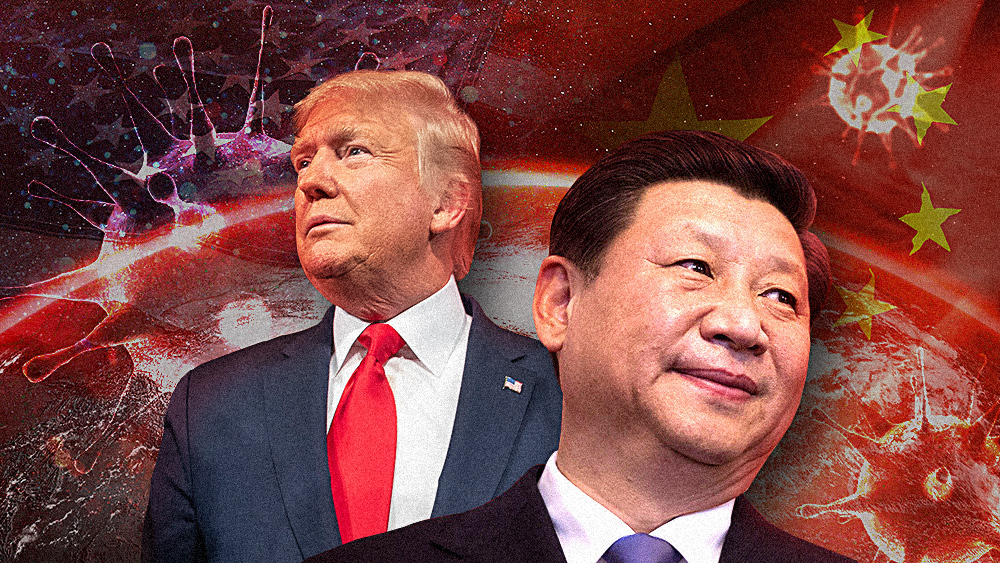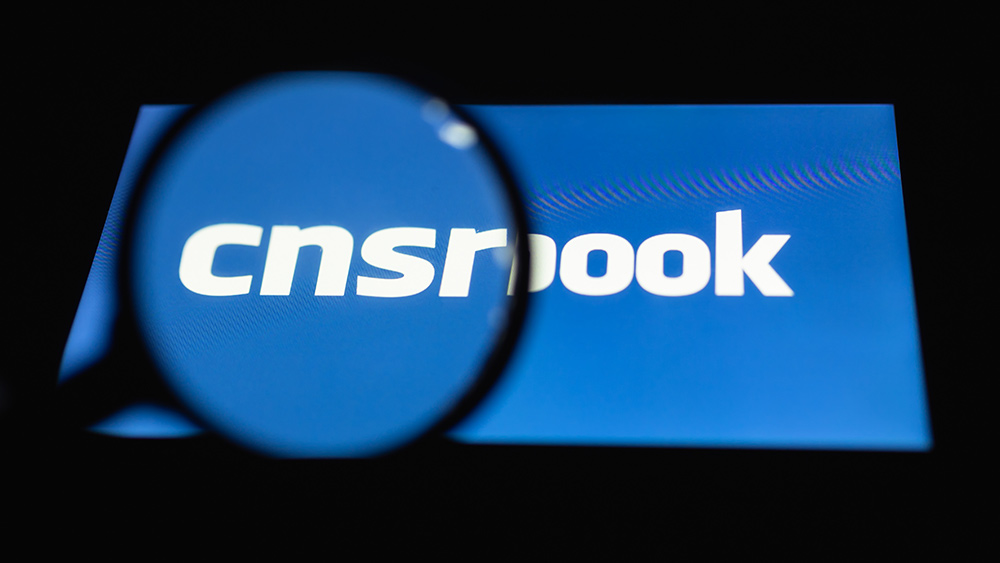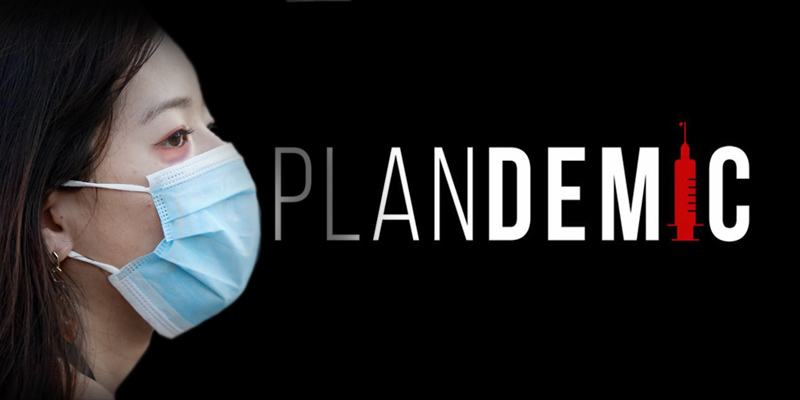Survey shows over three-quarters of Americans blame China for the coronavirus pandemic
07/31/2020 / By Franz Walker
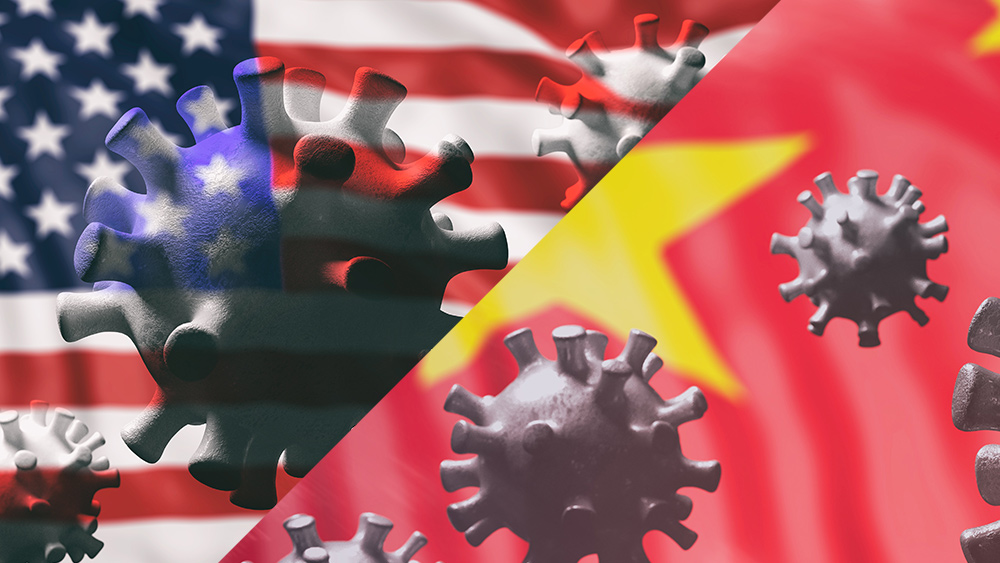
A new survey by the Pew Research Center shows that more than three-quarters of Americans blame the Chinese government for the global spread of the Wuhan coronavirus (COVID-19). In addition, the survey also found that unfavorable views of China in the U.S. have reached historic highs.
When asked about the coronavirus’ spread in a July poll, 78 percent of respondents said that they placed a “great deal or fair amount” of the blame for it on Beijing’s initial handling of the outbreak in Wuhan. In addition, half of Americans think that the U.S. should hold China responsible for the spread of the pandemic.
Americans blame China for the pandemic
The results, which come from a survey of 1,003 Americans conducted between June 16 to July 14, show that the global pandemic has given Americans an even dimmer view of China. 73 percent of respondents now said that they had an unfavorable opinion of the Chinese regime, up by seven percent from the previous survey in March and 26 percent since 2018.
Beijing’s handling of the coronavirus outbreak, especially during its early days, has played a big part in this trend. Back in January, the regime seemed more focused on saving face and hiding the outbreak than actually stopping it. At the same time, a number of whistleblowers looking to share the truth about the disease were silenced. (Related: Desperate to rewrite coronavirus narrative, Beijing goes on a warpath against whistleblowers… and science.)
On top of this, the regime still underreports the country’s coronavirus caseload, with asymptomatic carriers excluded from official counts while outbreaks among healthcare workers and medical staff are covered up.
With this in mind, it shouldn’t come as a surprise that 63 percent – nearly two-thirds – of all respondents believed that China has done a bad job in dealing with the virus. In addition, half of all respondents thought that Washington should hold Beijing responsible for the pandemic even it if means worsening relations with the latter.
China’s poor human rights record also an issue with Americans
China’s handling of the pandemic isn’t the only thing that has soured Americans’ view of the country. Its human rights record has come under scrutiny as well.
Nearly three-quarters – 73 percent – of respondents have said that the U.S. should try to promote human rights in China, even if it negatively affects economic ties.
The numbers come as more reports of the Chinese regime’s abuses against the Uyghur Muslim minority in the country’s northwestern Xinjiang region. This has been made worse by the ongoing pandemic, with reports now coming out that Chinese companies have been using Uyghur forced labor to produce face masks and other personal protective equipment necessary to protect healthcare workers against the coronavirus.
This is on top of reports of human rights abuses as Beijing attempts to gain more control of Hong Kong.
Americans poor perception of China reflected in their view of Xi Jinping
Americans’ negative perception of China is also reflected in their perception of the country’s leader, Xi Jinping. When asked about how much confidence they had in Xi to do the right thing regarding world affairs, 77 percent of Americans said that they had “not too much or no confidence.”
More importantly, for the first time since Pew had started asking the question in 2014, 55 percent of respondents said that they had no confidence at all in the Chinese president. This represents a 10 percent increase from the previous survey in March and more than double what it was last year.
The lack of confidence in Xi is tied to how his government has handled the pandemic. Respondents who say that China has done a bad job at handling the pandemic are more likely to have no confidence in Xi (64 percent) compared to those who say it has done a good job (39 percent). This is also true for those who say that China is to blame for the pandemic’s global spread.
The numbers are important as Xi and President Donald Trump discuss the execution of the Phase 1 trade agreement they signed back in January. In general, Americans’ views of the bilateral economic relations are tied to their opinion on the Chinese leader.
The deal itself has hit more than a few snags. The most recent of these Beijing telling Chinese companies to stop purchasing U.S. soybeans, one of the major U.S. agricultural exports to China and a pillar of the deal’s promised $200 billion in extra exports.
For its part, China has said that it still wishes to continue the trade deal; however, the dimming perception of the country and its leader by Americans could put an end to an already troubled agreement.
Sources include:
Tagged Under: biological warfare, biological weapons, bioweapons, China, coronavirus, covid-19, disease, Flu, government, infections, national security, outbreak, pandemic, pew research, politics, poll, superbugs, virus, Wuhan, Wuhan coronavirus, Xi Jinping
RECENT NEWS & ARTICLES
COPYRIGHT © 2017 OUTBREAK NEWS





